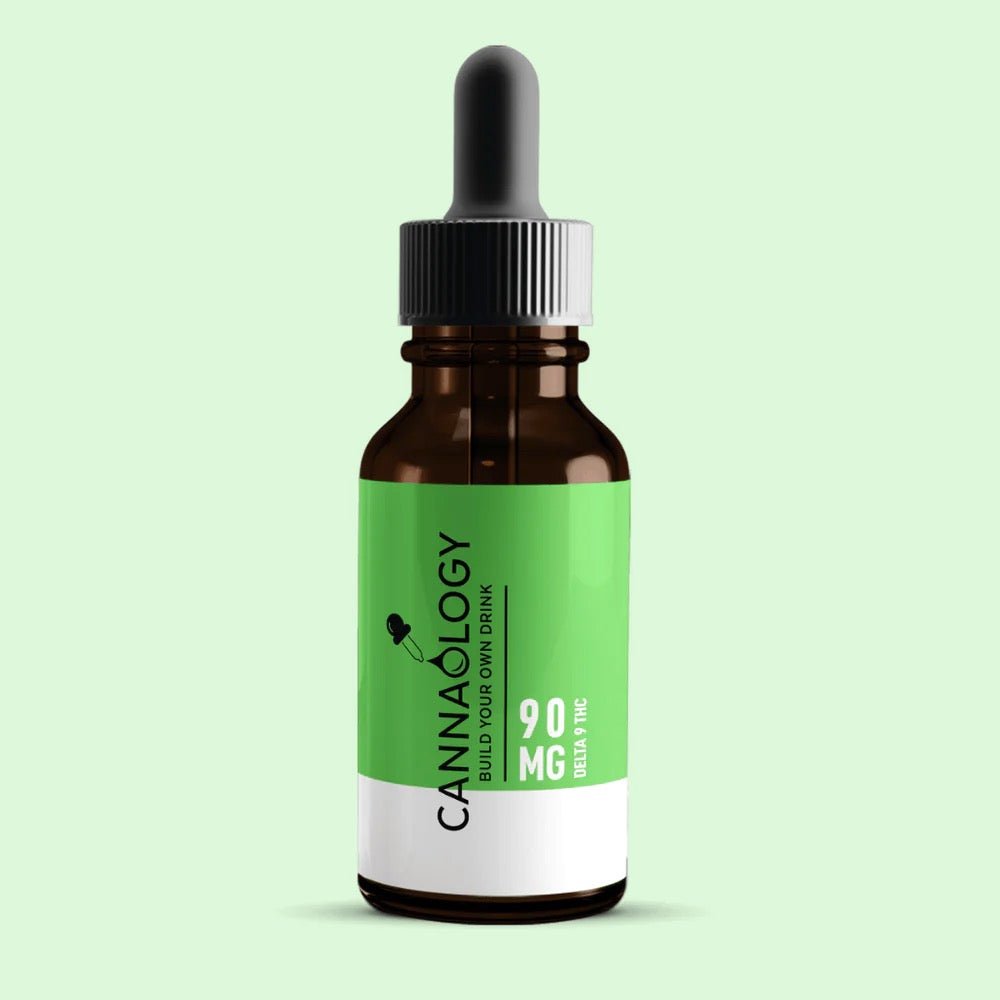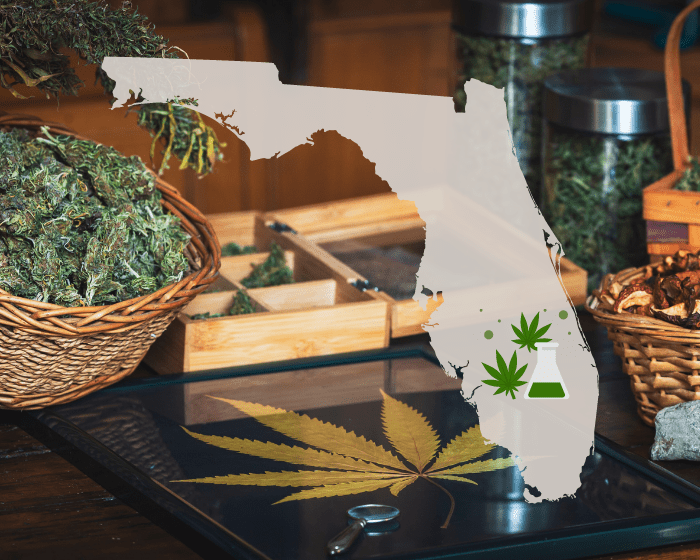Non-intoxicating cannabinoids will also be subject to new requirements.

The Oregon Liquor and Cannabis Commission approved new cannabis regulations on Dec. 28, including restrictions that will affect delta-8 THC. The new rules go into effect Jan. 1, 2022, but implementation is a slower roll out, extending into 2023 for some regulations.
THC Limited to 2 mg in General Retail Market
Beginning July 1, 2022, hemp on the general market will be limited to 2 mg of THC per serving and 20 mg per container. For context, a typical delta-8 gummy may contain as much as 25 mg delta-8 THC.
This rule is aimed at compounds like delta-8 and delta-10 THC, molecular kin to the most abundant form of naturally-occurring THC, delta-9, with similar psychotropic effects. Unlike delta-9, these are typically sourced from hemp and aren’t explicitly prohibited at the federal level.
Because Oregon has a recreational adult-use cannabis market that allows delta-9 THC, the aim of the new 2 mg limit is to confine all THC products to the recreational market and keep them off the shelves of general retail.
"The changes in the recreational marijuana rules package reflect the cannabis industry’s rapid evolution and the blurring of distinctions between hemp and marijuana product," the Oregon Liquor and Cannabis Commission wrote in a news release. “This approach attempts to establish some boundaries in the absence of Federal guidance.”
”The changes in the recreational marijuana rules package reflect the cannabis industry’s rapid evolution and the blurring of distinctions between hemp and marijuana product.”
— Oregon Liquor and Cannabis Commission
Non-Intoxicating Cannabinoids Will Be Reviewed as Ingredients
Non-intoxicating cannabinoids will also be required to go through the same review process required for ingredients in dietary supplements or food products. For instance, CBD, CBG or CBN would need to meet the state’s standards for:
- New Dietary Ingredient notification
- Generally Recognized as Safe (GRAS)
Current licensees will have 18 months to bring their products into compliance.
“It may not make everybody happy, but it’s a pathway, and I think it solves a lot of the issues,” said OLCC Commissioner Matt Maletis.
“It may not make everybody happy, but it’s a pathway, and I think it solves a lot of the issues.”
— Oregon Liquor and Cannabis Commissioner Matt Maletis
Where These New Regulations Came From
The OLCC said the new rules will “help streamline regulatory oversight of day-to-day business activities, scale back violations, expand consumer choices and establish safeguards to prevent children from accessing hemp products containing THC.”
Two laws approved by the Oregon Legislature in 2021, House Bill 3000 and Senate Bill 408, were behind at least some of the changes.
- HB 3000 established a regulatory framework for THC-rich hemp products.
- SB 408 was behind restructured penalties for rule violations made by licensees.
The OLCC also worked with the established legal cannabis industry over the last year and a half to develop the regulations.
“The rules package reflects an acknowledgement of the legal cannabis industry’s ability to follow regulations and the fading threat of Federal government action against the growing number of states allowing consumption of medical and adult-use cannabis,” the OLCC wrote.
The new rules actually ease a few limits for recreational cannabis:
- Allowing the purchase of up to two ounces of recreational cannabis, up from one ounce. That change takes effect Jan. 1.
- Increasing the limit on THC in edibles from 50 mg THC to 100 mg per package beginning April 1, as long as portion sizes of no more than 10 mg THC are made clear.
- Allowing home delivery across city and county lines as long as local authorities approve. Previously, delivery was limited to the city or county where the cannabis retailer is located.
“We did listen to the public and did make significant changes to these rules and I want to reiterate that we have come a very long way,” said Steve Marks, executive director of the OLCC. “And this industry established success for Oregon. We are creating a successful business market, a successful consumer market.”







































